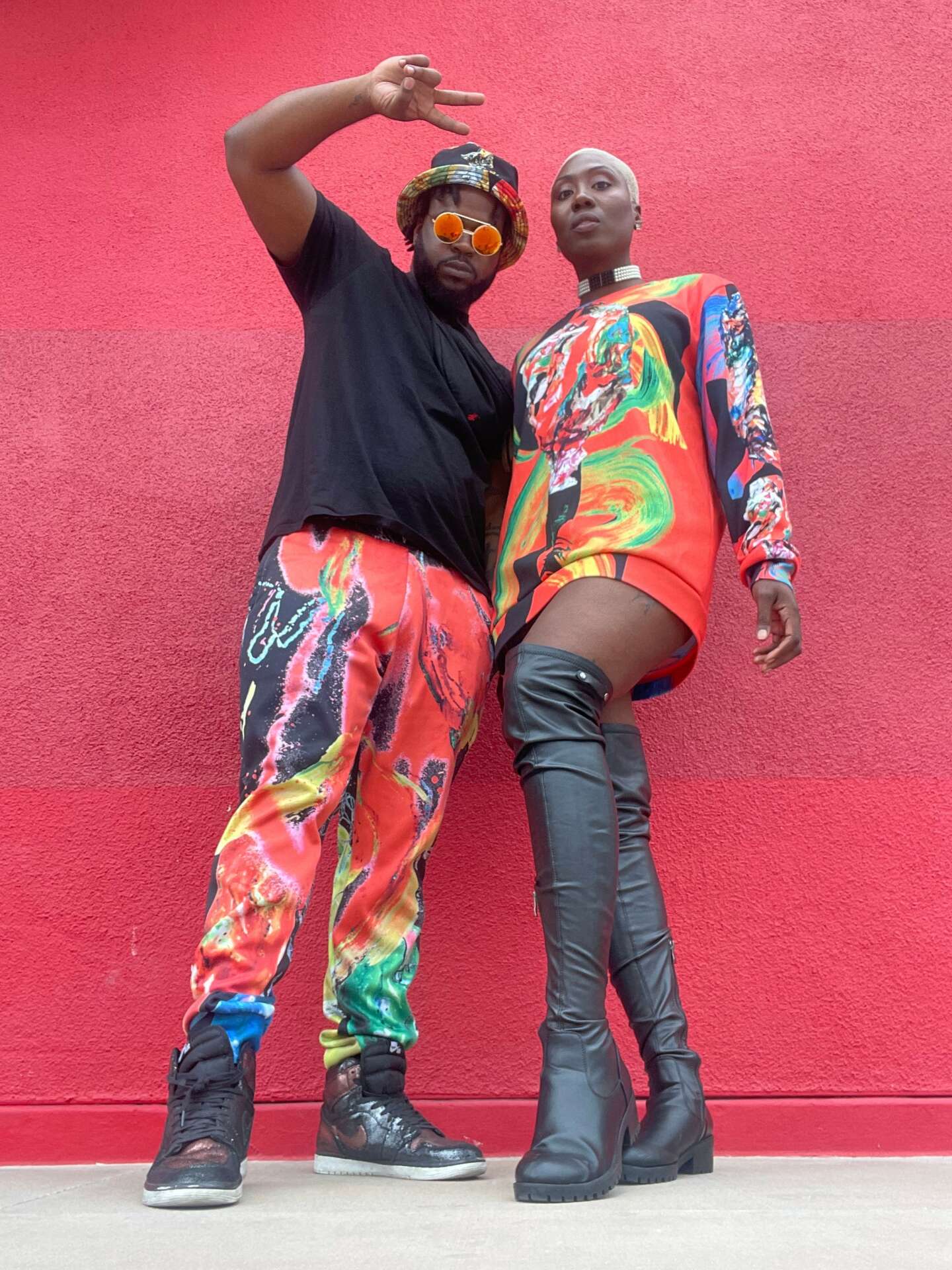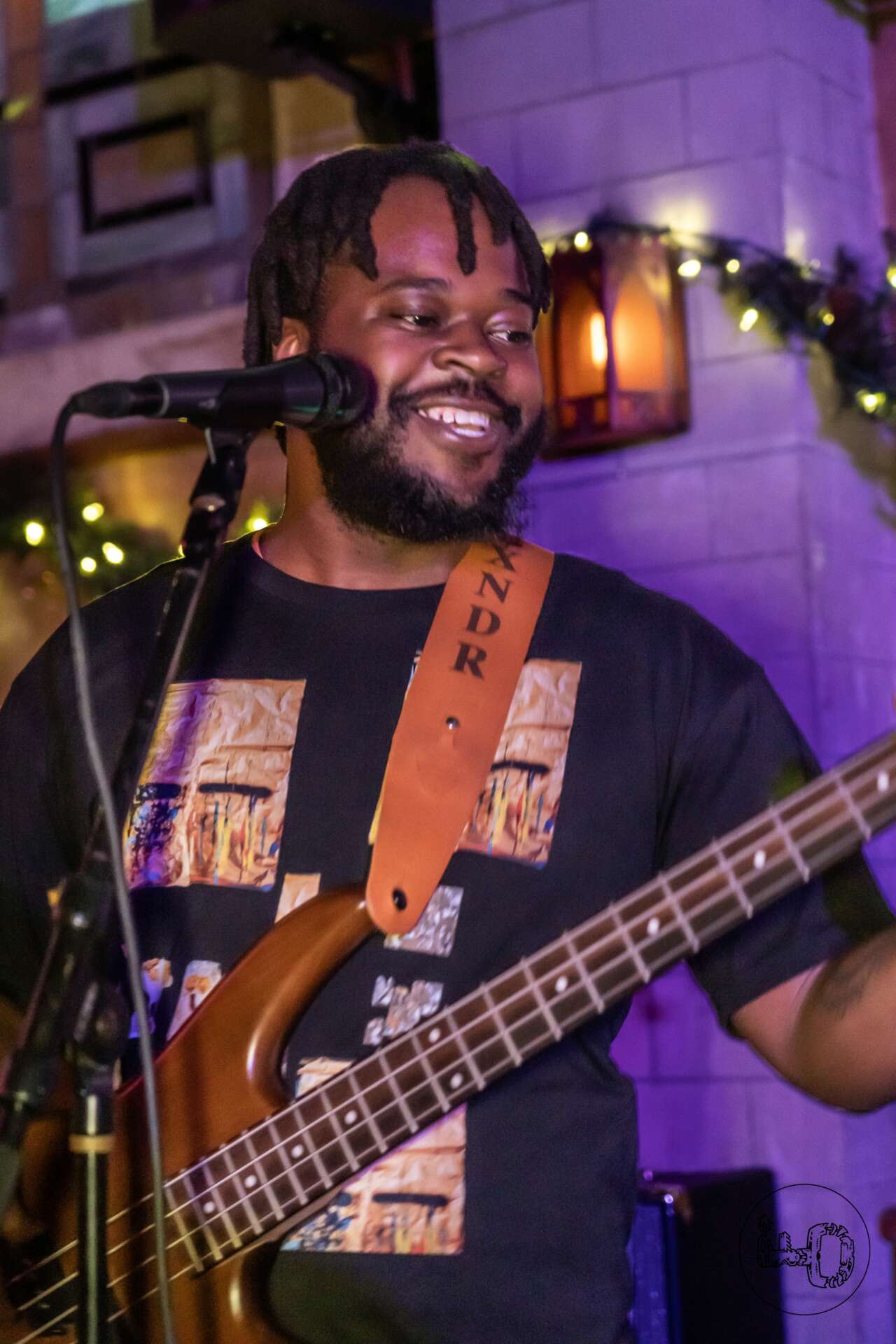We were lucky to catch up with Daniel Alexandre recently and have shared our conversation below.
Hi Daniel, thanks for joining us today. Learning the craft is often a unique journey from every creative – we’d love to hear about your journey and if knowing what you know now, you would have done anything differently to speed up the learning process.
I cared very little about music for the first 15 years of my life. I was way more interested in playing sports and reading books. My father was a singer and guitarist and he signed me up for guitar lessons one summer. I really enjoyed the learning process and the challenges I would give myself to improve. Mostly, I enjoyed learning songs with my Dad and trying to surpass him in skill. A year went by and I my parents got me a Casio keyboard. For some reason the piano lessons didn’t stick as well and I had a tough time reading sheet music. 16 year old me didn’t want to give up though. I realized, through learning piano, the complexity of music theory and harmony. From then on my learning was largely self-taught. I would listen to songs I liked and tried to match all the tones I was hearing. I would freeze my hands in place at times and memorize what the symbols on the screen said “Db Maj7/add9”. Learning on my own was thrilling because I enjoyed trying to best myself each day. Music became my full-time obsession and I got lost down rabbit holes of Gospel, Jazz, Rnb, Funk, Hip-Hop and Rock. I was inspired by so many different artists and I knew that if I wanted to know more about music, I had to be open to learning from many artists and in many ways. Being self-taught is fun because it offers you time and space to refine your craft and understand how your brain and your instrument connect. However, staying self taught can also be limiting for your development. The most effective disposition for learning is to be open minded.

Awesome – so before we get into the rest of our questions, can you briefly introduce yourself to our readers.
I started playing Piano in my father’s church when I was in high school. He would occasionally guest speak at other Haitian churches in Boston and I would accompany him on Piano. I met so many other musicians this way and if they ever needed a sub, they knew to call me. I branded myself as being a positive, easy to work with, disciplined, effective communicator and professional. I started playing Piano for different artists, inside and outside of the church. When I moved to New York for grad school I had a real opportunity to connect with the musicians out there and see if I could hang in a bigger music scene. It was also around that time that my friend Terence Ryan asked me why I didn’t have any music online. At that time I was very critical of what actually defines “good music”. Terence encouraged me to step from behind the Piano, and share my story as the artist. So in 2019 I wrote, recorded and produced my first EP Peace and Property. Terence helped me engineer the tracks and kept me from doubting myself or my lyrics. It’s a project I’m very proud of and I’m excited for the opportunity to top it. I released it under my artist name ALXNDR and it’s available for streaming everywhere (Peace & Property). I’m currently performing these songs, and some new ones I’ve written since then, with my band ‘Black From Home’. It’s a hiphop duo with a live band where me and my girlfriend Chaseedaw share our stories. I’m still playing an instrument (bass) but I’m still sharing my stories on the mic as well. Most importantly though, I’m still making good music!
What’s the most rewarding aspect of being a creative in your experience?
This quote drives me as an artist “If you ever find yourself bored with art, pay closer attention to the details.” I love to make things and I love the hours that go into the finest details because they together make the entire piece enjoyable. I feel rewarded most when I complete a project. Calling something “done” is a huge accomplishment because you’ve effectively brought your vision to life. It’s awesome when other people like the stuff you make, but a more consistent reward comes from appreciating the work that goes into making the thing. The details matter because hard work is its own reward.
What can society do to ensure an environment that’s helpful to artists and creatives?
Encourage imagination. We could all stand to be a bit more positive about our abilities to make something out of nothing. What does an artist need? Money. What do people pay artists for? Inspiration. An imaginative artist will never be broke. A society that encourages imagination, will always respect and value the artists.
Contact Info:
- Website: https://danielalexandre.com
- Instagram: https://instagram.com/danielalexandre_
- Youtube: https://www.youtube.com/@daniel7alexandre
Image Credits
Terence Ryan Samuel Patrick


